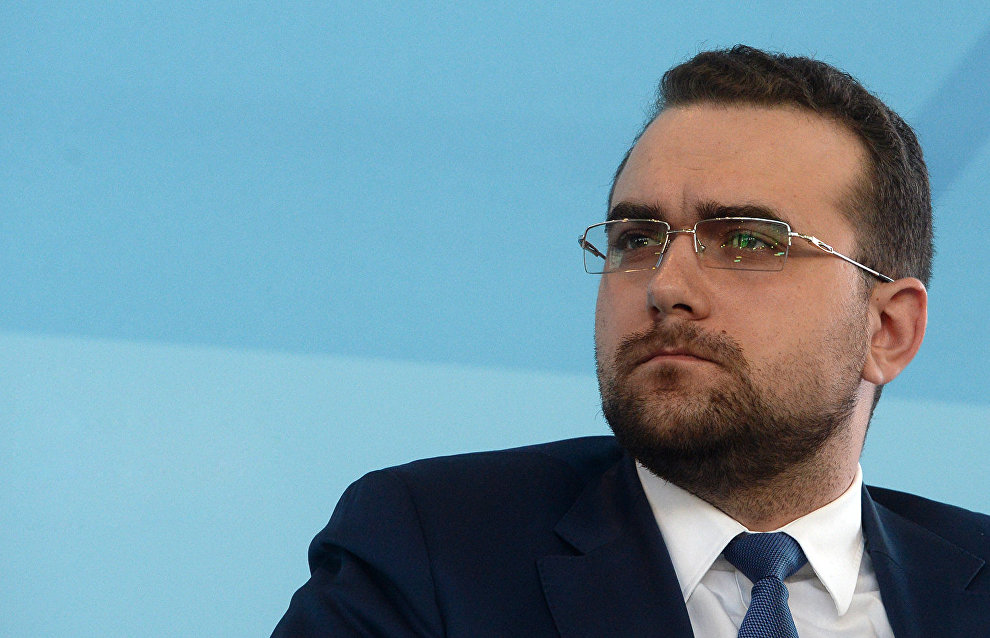Ministry for the Development of the Russian Far East and Arctic assesses global warming impact on the Arctic
The Arctic may incur losses between two and nine trillion rubles by 2050, due to global warming.
“The most optimistic forecast, with minimal warming rates, predicts two trillion rubles by 2050. Maximum losses, or nine trillion rubles by 2050, could occur in the event of more active warming,” First Deputy Minister for the Development of the Russian Far East and Arctic Alexander Krutikov said at a meeting of the Federation Council’s Arctic and Antarctic Council.
The forecast suggests direct losses, such as the loss of buildings and other fixed assets in the Arctic. “This is a scientifically sound estimate based on calculations,” Krutikov noted.
He recalled that the government had issued a directive making the Ministry for the Development of the Russian Far East and Arctic responsible for drafting a plan to adapt the Arctic to climate change. According to Krutikov, the ministry established a group consisting of 36 leading Russian scientists that deal with various aspects of climate change.
Approved by the president, the strategy for developing the Russian Arctic zone and ensuring national security until 2035 stipulates the development of an integrated state environmental monitoring system using modern information and communication technologies and communications systems.
It will take one month to draft plans for the monitoring system, Krutikov said.
“To minimize these losses and to prevent risks for people’s health and life, we need to create a full-fledged system for monitoring the impact of long-term permafrost degradation. The system’s concept will be drafted within a month, and we will be ready to submit it to you. This calls for creating a system that would include geo-cryologic test sites in the entire Arctic zone, a chain of permafrost-monitoring stations and commissions in line with Soviet-era practices, as well as regional centers for designing and protecting buildings and structures,” he noted.
He added that putting the system into action would require passing additional federal laws.
“Esteemed Senators, we will ask you for support, so as to jointly draft and approve this bill next year,” Krutikov said.
